 The next in ORUK’s series of AI-focused webinars will be taking place on 12th February 2025, starting at 9.30am.
The next in ORUK’s series of AI-focused webinars will be taking place on 12th February 2025, starting at 9.30am.
Ensuring data quality in AI: Practical and ethical challenges.
This webinar will feature experts in data quality and related ethical challenges and focus on addressing common challenges associated with the use of AI in clinical research including data bias, missing data, and ethical concerns.
The webinar is free to attend but delegates must register in advance.

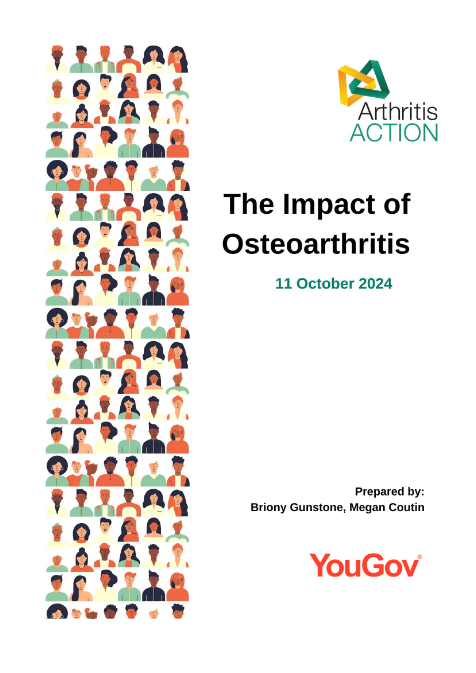
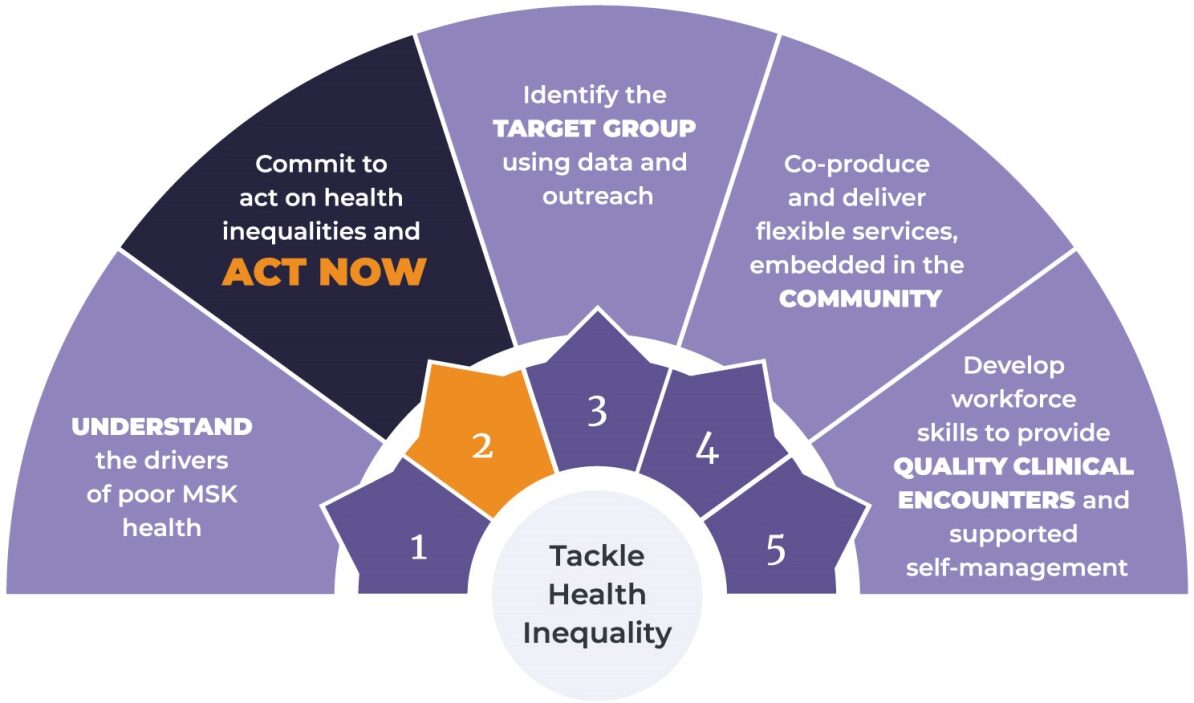
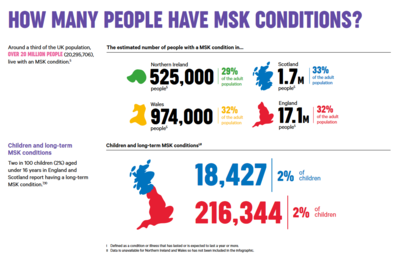
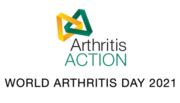
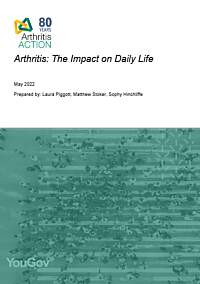
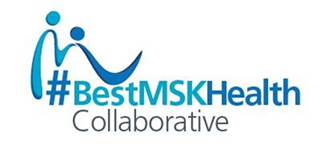
 BestMSK Health programme has collaboratively codeveloped, with stakeholders and lived experience partners, draft high-level metrics to support the measurement of primary and community MSK service delivery.
BestMSK Health programme has collaboratively codeveloped, with stakeholders and lived experience partners, draft high-level metrics to support the measurement of primary and community MSK service delivery.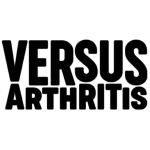
 Versus Arthritis is hosting the 11th National MSK Health Data Group on Monday 2nd December 2019 from 9:00-13:00, followed by lunch and networking until 14:00 at The Royal Society, London, SW1Y 5AG.
Versus Arthritis is hosting the 11th National MSK Health Data Group on Monday 2nd December 2019 from 9:00-13:00, followed by lunch and networking until 14:00 at The Royal Society, London, SW1Y 5AG.
 Musculoskeletal conditions are common – we all know that. But it hadn’t struck me until recently just how common compared to other long term conditions. 17 million people in the UK have an MSK condition. Compare that with the 850,000 with dementia and think about how much we talk about dementia. It’s a similar picture for other conditions: diabetes, 3.5 million people, cardiovascular, 7 million. Only mental health exceeds the prevalence of MSK conditions.
Musculoskeletal conditions are common – we all know that. But it hadn’t struck me until recently just how common compared to other long term conditions. 17 million people in the UK have an MSK condition. Compare that with the 850,000 with dementia and think about how much we talk about dementia. It’s a similar picture for other conditions: diabetes, 3.5 million people, cardiovascular, 7 million. Only mental health exceeds the prevalence of MSK conditions.